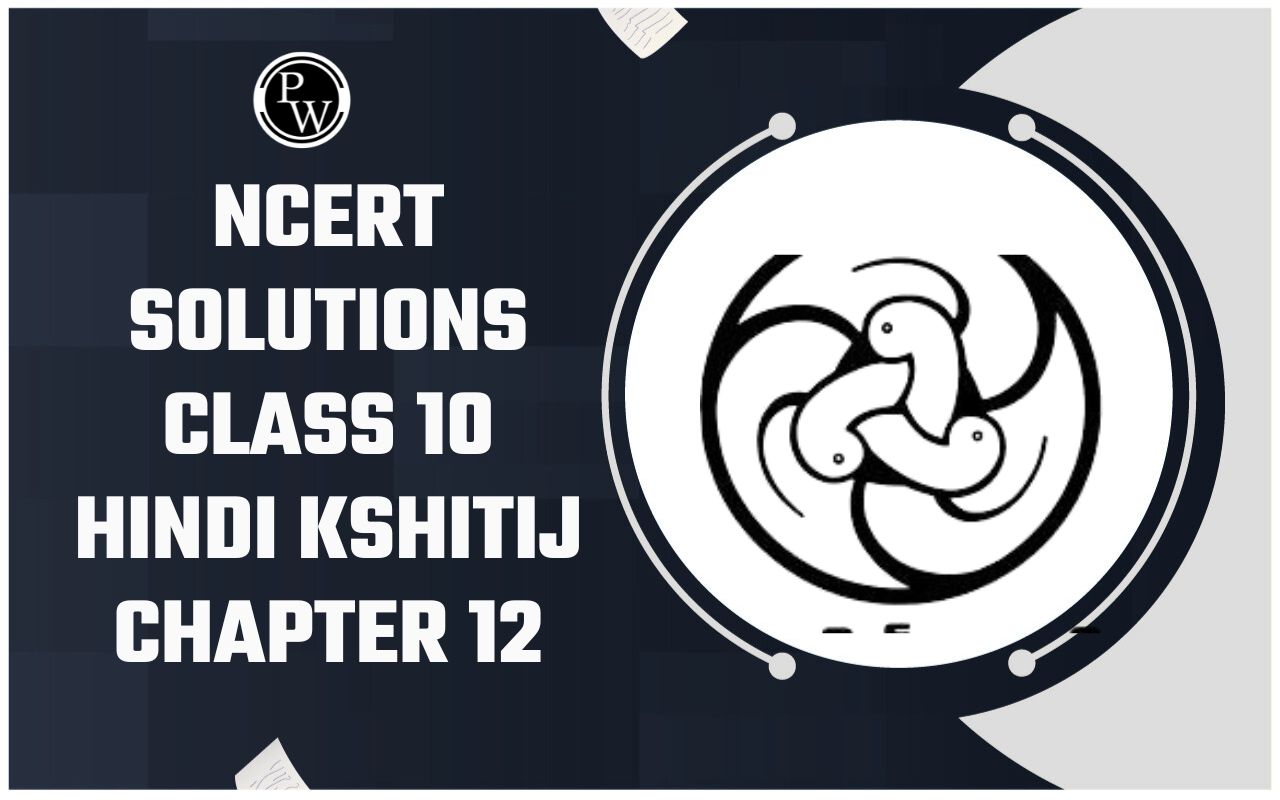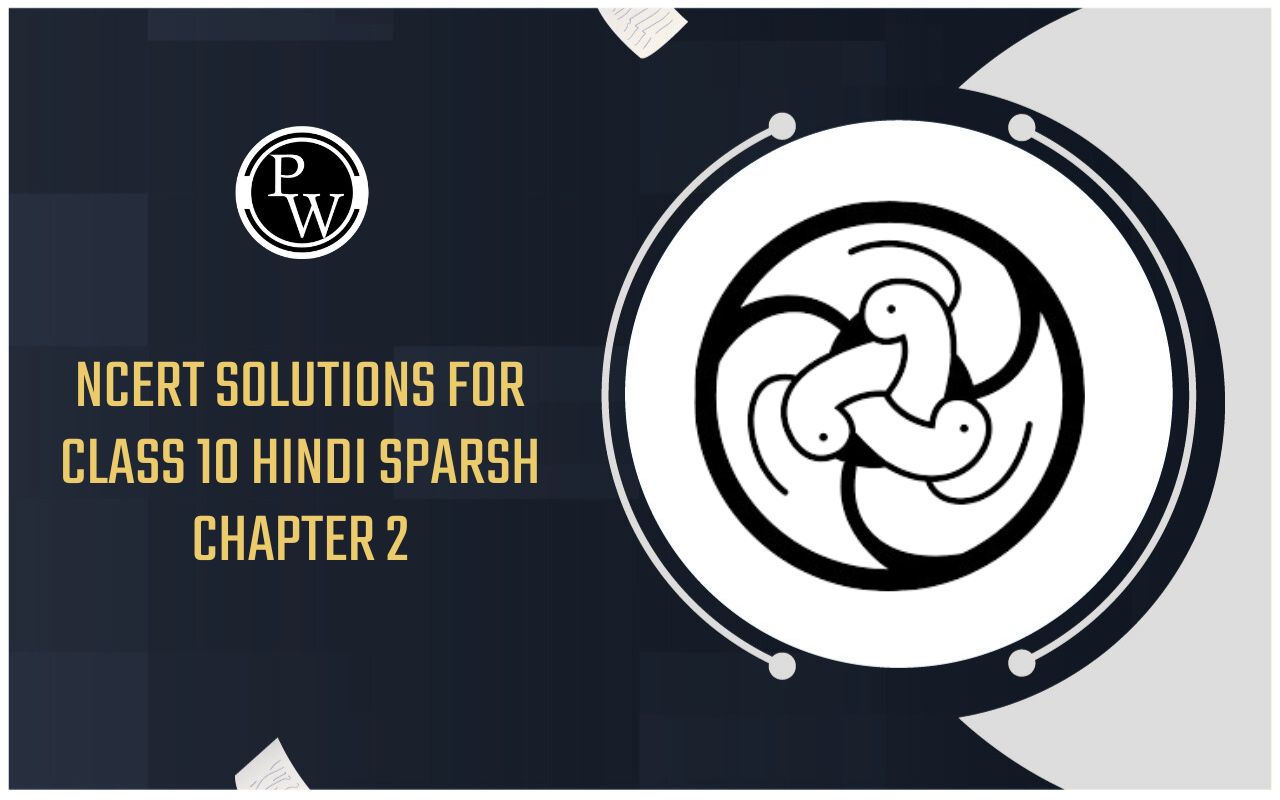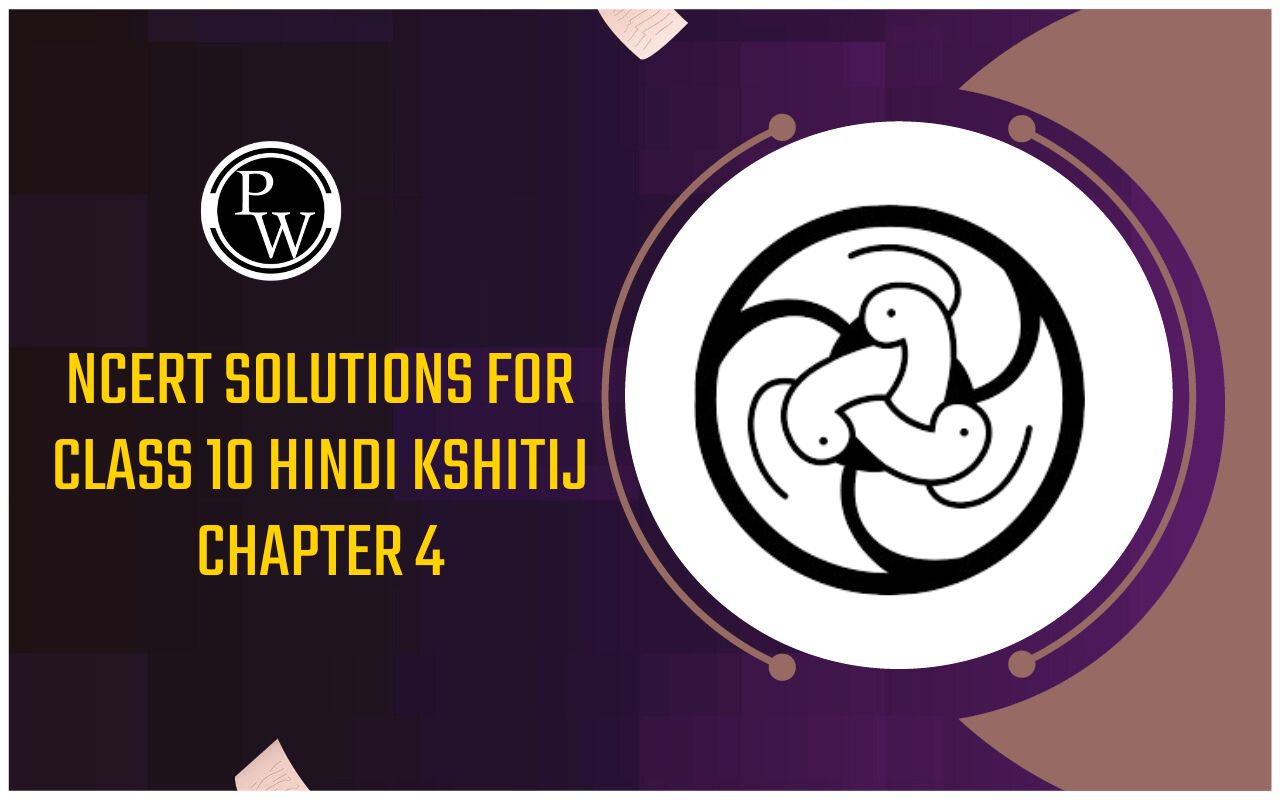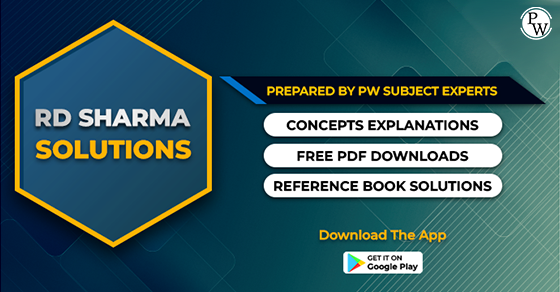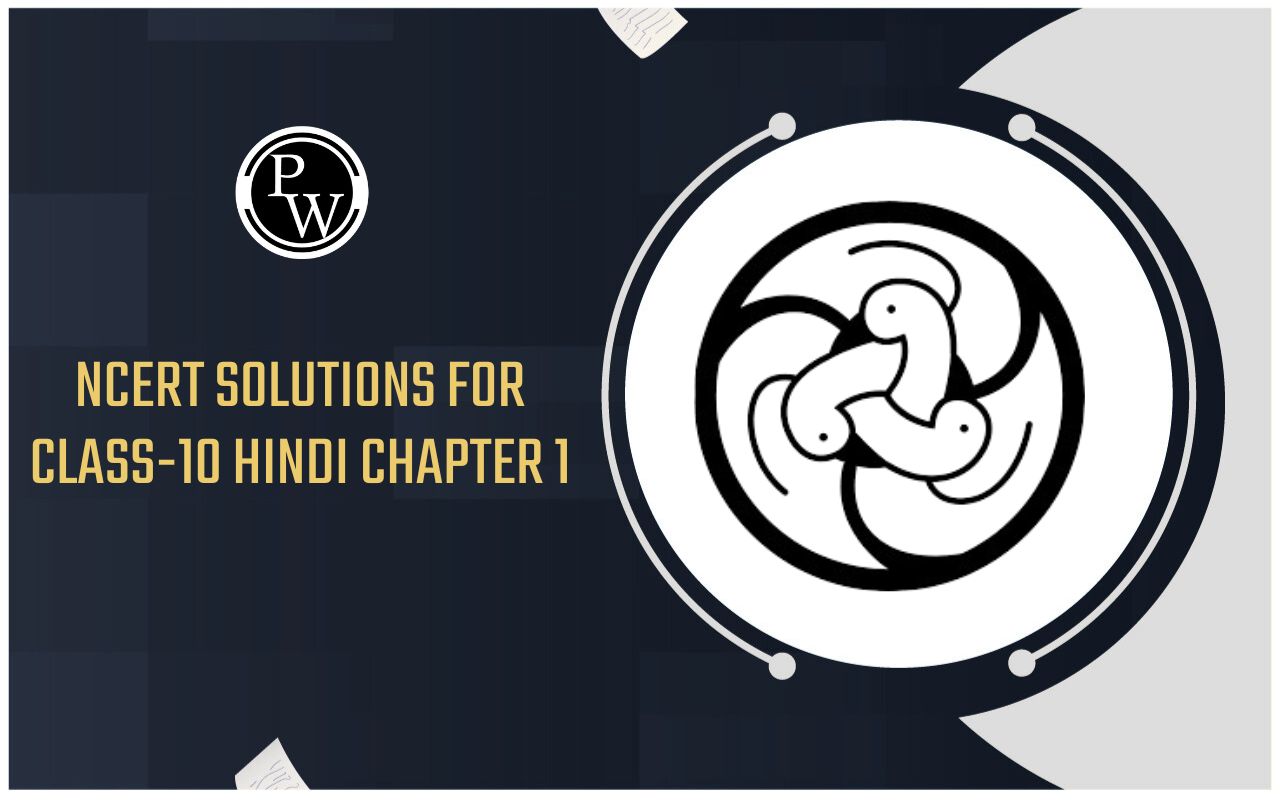
Commercial Mathematics Important terms
Commercial Mathematics of Class 8
Percentage
Percentage is a way of expressing a number, especially a ratio as a fraction of 100.
"Percent" comes from the latin Per Centum. The latin word Centum means 100, for example a Century is 100 years.
Percentages are used to express how large/small one quantity is, relative to another quantity. The first quantity usually represents a part of, or a change in, the second quantity, which should be greater than zero. For example, an increase of Rs.2.5 on a price of rs.25 is an increase by a fraction of 2.5 /25
= 10 expressed as a percentage, this is therefore a 10% increase.
USING PERCENT :
Because "Percent" means "per 100" you should think "this should always be divided by 100"
So 75% really means 75/100
And 100% is 100/100, or exactly 1 (100% of any number is just the number, unchanged)
And 200% is 200/100, or exactly 2 (200% of any number is twice the number)
For changing a percentage(%) to a fraction number divide by 100. That is 50% = 50/100 equals 12 or half.
CONCEPT OF PERCENTAGE:
By a certain percent, we mean that many hundredths.
Thus, x percent means x hundredths, written as x%.
To express x% as a fraction: We have, x% = x/100.
Thus, 20% = 20/100 = 1/5
To express a/b as a percent : We have,

Thus,

PERCENTAGE INCREASE/DECREASE:
If the price of a commodity increases by R%, then the reduction in consumption so as not to increase the expenditure is:

If the price of a commodity decreases by R%, then the increase in consumption so as not to decrease the expenditure is:

RESULTS ON POPULATION:
Let the population of a town be P now and suppose it increases at the rate of R% per annum, then:
1.
Population after n years =

2.
Population n years ago =

RESULTS ON DEPRECIATION:
Let the present value of a machine be P. Suppose it depreciates at the rate of R% per annum. Then:
1.
value of the machine after n years =

2.
Value of the machine n years ago =

3.
If A is R% more than B, then B is less than A by

4.
If A is R% less than B, then B is more than A by

NCERT solutions for class 8 Maths prepared by Physics Wallah will help you to solve your NCERT text book exercise.
Frequently Asked Question (FAQs)
Q1. What are the topics in commercial mathematics?
Ans. The topics in commercial mathematics
- Business Mathematics Topics
- Profit and Loss.
- Statistics.
- Simple and Compound Interest.
- Interest Rates.
- Loans.
- Markups and markdowns.
- Taxes and Tax Laws.
- Discount Factor.
Q2. Which chapter is essential for Class 8 in maths?
Ans. Rational Numbers, Square Roots, Cube Roots, Data Handling, and Factorization are some topics included in the CBSE Class 8 Mathematics syllabus.
Q3. What is the concept of commercial mathematics?
Ans. Commercial mathematics deals with the concepts used in businesses like simple and compound interest, profit and loss, taxes, loans, percentages, etc.
Q4. What are the basics Maths in Class 8?
Ans. The basics Maths in Class 8 are
- Rational numbers.
- Linear equations in one variable.
- Understanding quadrilaterals.
- Data handling.
- Squares and square roots.
- Cubes and cube roots.
- Comparing quantities.
Q5. Is class 8th tough?
Ans. Class 8 th is said to be a challenging class to cope with, so it is advised to work hard and score good marks. Here, we are sharing below the complete daily timetable for class 8 th students.
Q6. Why do we study commercial arithmetic?
Ans. Commercial organizations use accounting, inventory management, marketing, sales forecasting, and financial analysis statistics. It helps you to know the financial formulas, fractions, and rates involved in interest calculations, hire rates, salary calculations, tax calculations, etc.
Also Check

